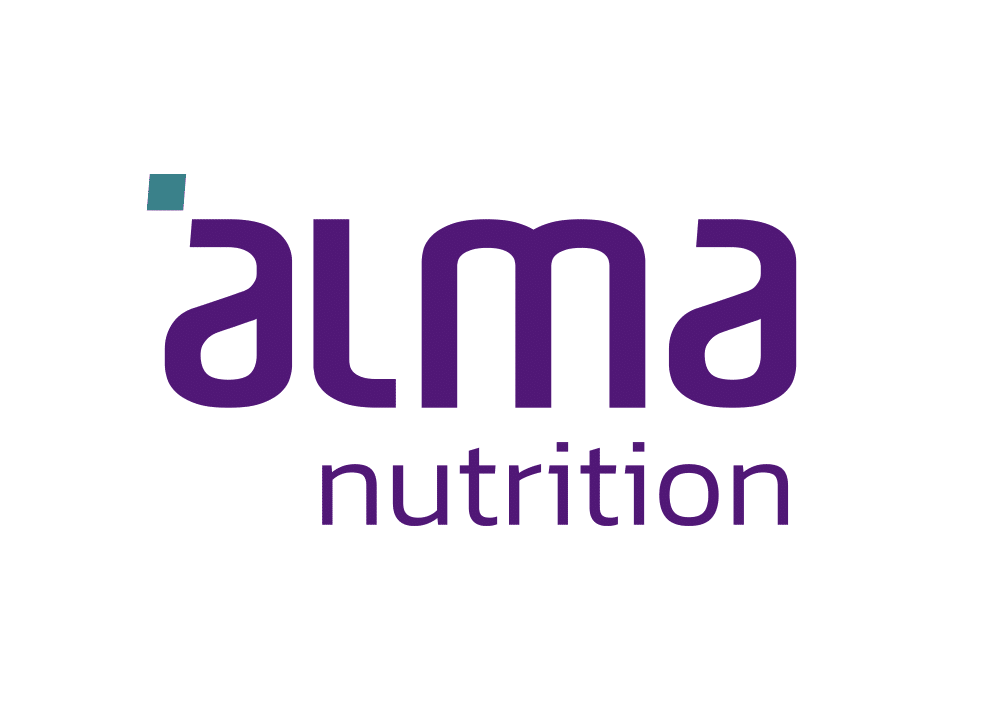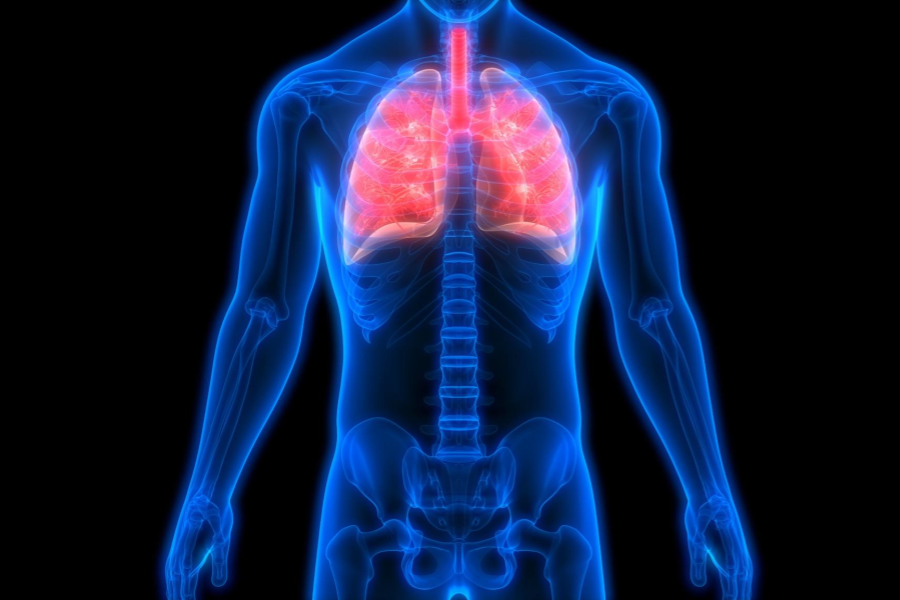nutrition facts
Nutritional Support in Acute Respiratory Distress Syndrome (ARDS)
Acute Respiratory Distress Syndrome (ARDS) is a common respiratory disorder frequently observed in premature neonates and adults with pulmonary complications. ARDS represents a severe form of acute lung injury characterized by impaired respiratory function and moderate to severe hypoxemia. Unfortunately, ARDS is a leading cause of mortality among COVID-19 patients admitted to intensive care units (ICUs). This article reviews appropriate nutritional management strategies for patients with ARDS.
What is Acute Respiratory Distress Syndrome (ARDS)?
ARDS is an acute condition of lung injury causing bilateral non-hydrostatic alveolar edema and severe hypoxemia. The respiratory failure in ARDS is so profound that mechanical ventilation is often required. The syndrome arises as a complication of systemic or localized inflammation, involving the lungs or the entire body.
Etiology of ARDS
Primary causes of ARDS include pneumonia, aspiration, and pulmonary contusion. Indirect causes include sepsis, acute pancreatitis, and shock, which can precipitate the syndrome through systemic inflammatory responses.
Pathophysiology and Stages of ARDS
The acute exudative phase of ARDS manifests with rapid respiratory failure and refractory arterial hypoxemia. Pathologically, this phase involves damage to the alveolar-capillary membrane, accumulation of protein-rich fluid containing neutrophils and macrophages, and disruption of the endothelial-epithelial barrier. This leads to interstitial edema secondary to microvascular injury, impairing gas exchange and reducing lung compliance.
Activated neutrophils and macrophages release pro-inflammatory cytokines such as TNF-α, IL-6, IL-8, and IL-1, which are central to ARDS pathogenesis. Epithelial cell apoptosis further compromises alveolar integrity, increasing susceptibility to bacterial translocation and sepsis.
During the recovery phase, type II alveolar cells proliferate and produce surfactant, differentiating into type I cells to restore alveolar structure. Some patients recover without complications, while others progress to a fibrotic phase characterized by alveolar space obliteration and increased mortality risk.
Management of ARDS
Mechanical ventilation is the cornerstone of supportive care, often initiated after stabilization of cardiac arrhythmias in ICU patients. Protective lung ventilation strategies, employing low tidal volumes (4–8 mL/kg predicted body weight), are utilized to maintain alveolar recruitment and minimize ventilator-induced lung injury.
Nutritional Considerations in ARDS
Protein-energy malnutrition is a common and critical issue in ARDS patients. Inadequate nutrition impairs respiratory muscle function and increases infection risk, thereby elevating mortality.
Caloric Requirements
Energy needs in ARDS patients are frequently underestimated. Inflammation and protein catabolism increase energy expenditure by approximately 30% above resting energy expenditure (REE). Early enteral nutrition (within 24–48 hours of ICU admission) has been associated with reduced mortality and infection rates in a large cohort study of 4049 patients.
While adequate caloric intake shortens ICU stays, precise energy calculations are essential. Both underfeeding and overfeeding can be harmful; excessive carbohydrate intake may increase CO2 production, complicating ventilation, and excessive calories can impair liver function and increase hyperglycemia and infection risk.
The European Society for Clinical Nutrition and Metabolism (ESPEN) recommends caloric intake close to measured energy expenditure, typically 20–25 kcal/kg body weight per day during acute illness.
Recommendation
ASPEN
ESPEN
Initiation of Enteral Nutrition
Within 24–48 hours of ICU admission
Within 24 hours of ICU admission
Caloric Target
80% of estimated energy needs within 48–72 hours
20–25 kcal/kg body weight per day
Parenteral Nutrition
Initiate within 7 days if enteral feeding is not possible
Initiate within 24–48 hours if enteral feeding contraindicated
Parenteral Caloric Target
80% of estimated energy needs
25 kcal/kg body weight per day
Protein Requirements
Estimating protein needs is complex but vital due to protein’s role in immune response, tissue repair, and preservation of lean body mass. Systematic reviews suggest that protein intake up to 2.5 g/kg body weight/day improves nitrogen balance. The American Society for Parenteral and Enteral Nutrition (ASPEN) recommends 1–2.5 g/kg body weight per day for ARDS patients.
Nutritional Supplements in ARDS
ARDS is characterized by oxidative stress and inflammation driven by arachidonic acid (AA)-derived free radicals and mediators, which contribute to lung injury and alveolar edema. Diets enriched with eicosapentaenoic acid (EPA) and gamma-linolenic acid (GLA) modulate AA metabolism, reducing inflammatory mediators such as leukotrienes, thromboxane A2, and reactive oxygen species, and inhibit platelet aggregation.
Clinical studies indicate that supplementation with EPA, GLA, and antioxidants (vitamins E and C, beta-carotene, selenium) may mitigate oxidative damage, reduce inflammation, shorten ICU stays, and lower mortality.
Magnesium plays a crucial role in muscle contraction and cellular metabolism. Deficiency is common in ARDS patients, especially those receiving diuretics, and should be included in nutritional formulas.
For enteral feeding, formulas with reduced carbohydrate and increased fat content are preferable to decrease CO2 production. The “Entramil Diabetic” formula by Karen Pharmaceutical Company, containing higher fat relative to carbohydrates, is beneficial for patients with respiratory difficulties.
Conclusion
ARDS is a severe respiratory condition characterized by hypoxemia and respiratory failure, frequently necessitating ICU admission. Appropriate nutritional management, aligned with current clinical guidelines, is essential for improving outcomes. Early initiation of enteral nutrition, precise caloric and protein provision, and use of specialized supplements can support recovery and reduce complications in ARDS patients.

 فارسی
فارسی
